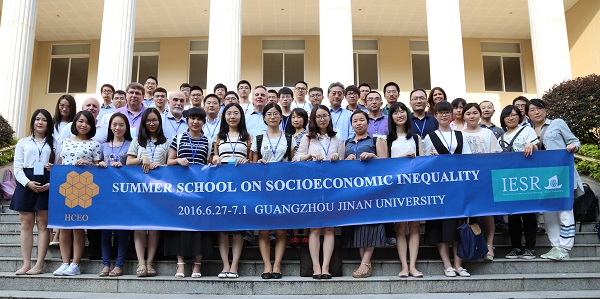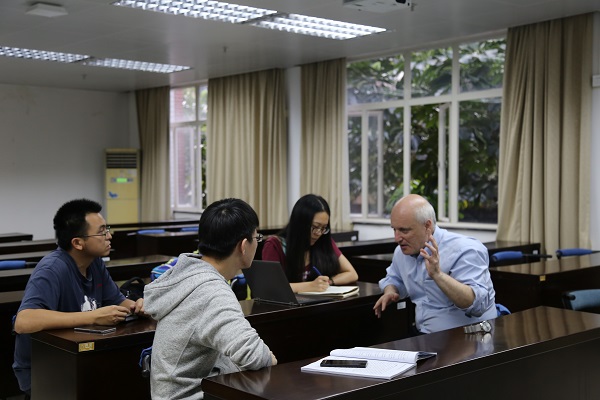About HCEO
Founded in 2010, the Human Capital and Economic Opportunity Global Working Group (HCEO) is a collaboration of over 400 researchers, educators and policy makers focused on human capital development and its impact on opportunity inequality.
HCEO is led by Nobel laureate James J. Heckman, the Henry Schultz Distinguished Service Professor of Economics at the University of Chicago; Steven N. Durlauf, the Vilas Research Professor and Kenneth J. Arrow Professor of Economics at the University of Wisconsin–Madison; and Robert H. Dugger, the co-founder of Ready Nation and Hanover Provident Capital.
The organization focuses its efforts through six research networks that focus on the most pressing issues within human capital development and inequality: Early Childhood Interventions; Family Inequality; Health Inequality; Identity and Personality; Inequality: Measurement, Interpretation and Policy; and Markets. These networks help to produce one-of-a-kind conferences, research programs, publications and education that highlight findings from the best science and the application of best practices.
About SSSI
The 2016 Human Capital and Economic Opportunity Global Working Group Summer Schools on Socioeconomic Inequality is co-organized by HCEO and IESR in Jinan University, Guangzhou. The summer school provides a state-of-the-art overview on the study of inequality and human flourishing. Participants will learn about the integration between psychological and sociological insights into the foundations of human behavior and conventional economic models. Through rigorous lectures students will be trained on various tools needed to study the issue of inequality.
The program
Internal Migration In China
Shuaizhang Feng, Jinan University
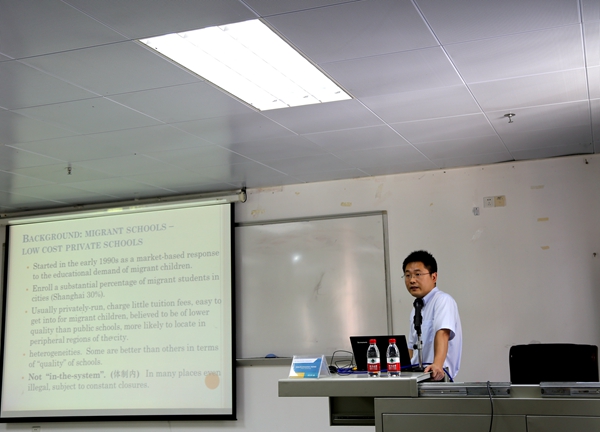
Parental Investments and Intra-household Allocation of Resources
Loren Brandt, The University of Toronto
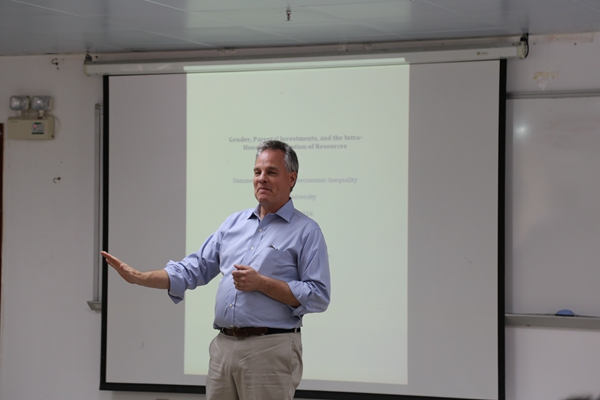
Long Live Keju! The Persistent Effects of China’s Imperial Examination System
James Kung, Hong Kong University of Science and Technology
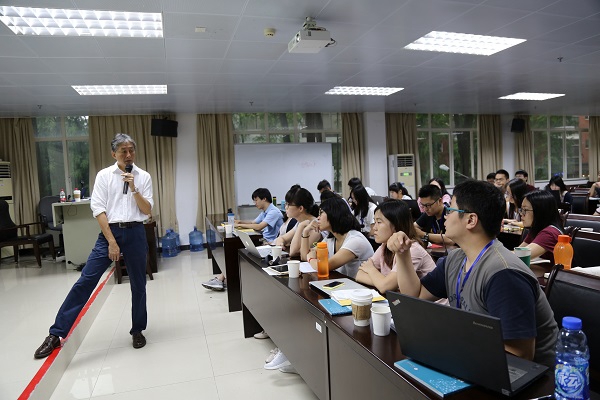
Introduction to Networks
Lawrence Blume, Cornell University / IHS Vienna
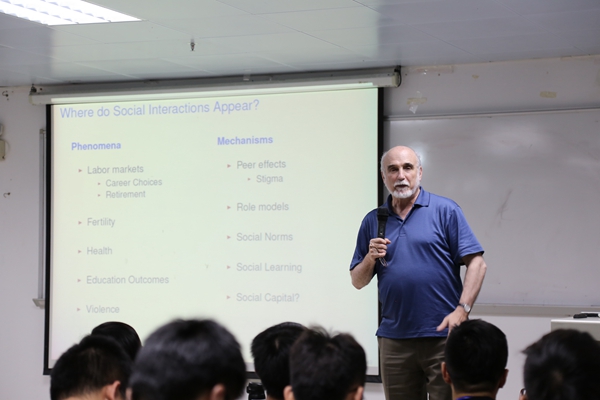
Structural Models for Labor Force Participation
Chao Fu, University of Wisconsin–Madison
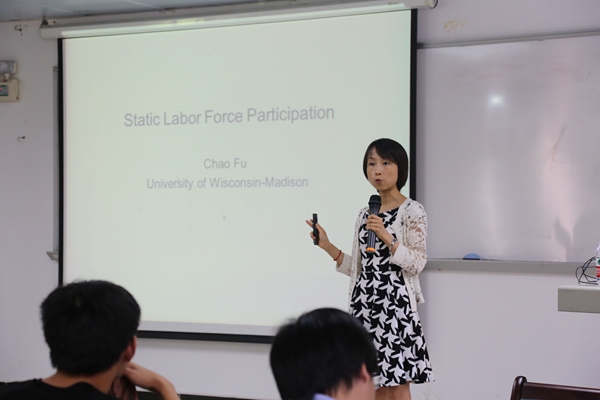
Ethics and Inequality
Steven Durlauf, University of Wisconsin–Madison
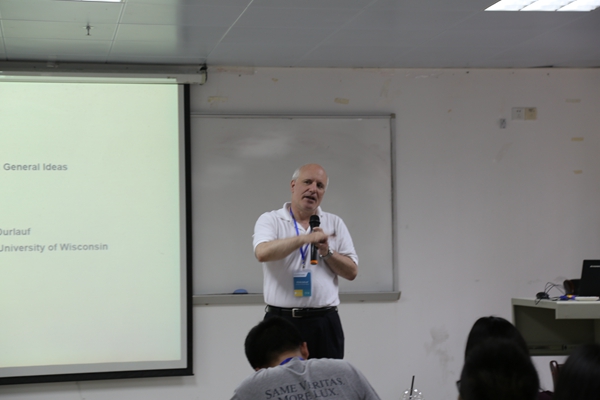
Estimation of Policy Counterfactuals
Christopher Taber, University of Wisconsin–Madison
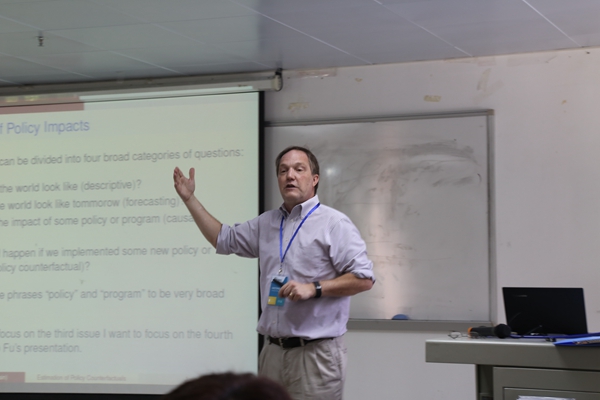
Program Evaluation
Jeffrey Smith, University of Michigan
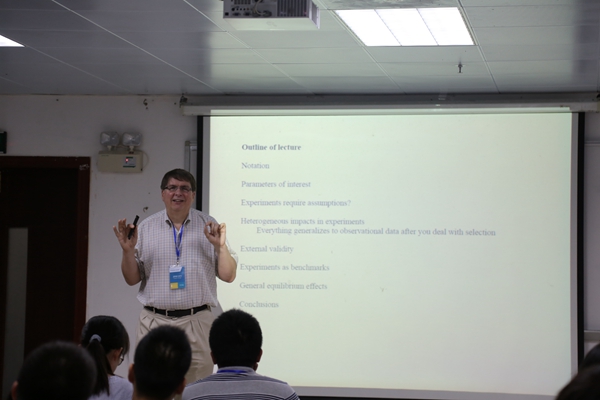
Microeconomic Models with Latent Variables: Applications of Measurement Error Models in Empirical Industrial Organization and Labor Economics
Yingyao Hu, John Hopkins University
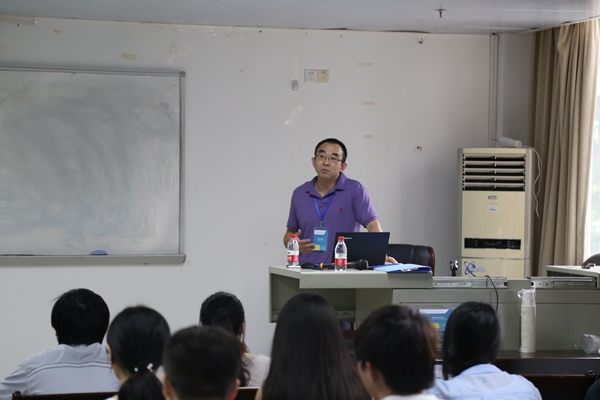
Labor Market Agglomeration Economies
Shihe Fu, Southwest University of Finance and Economics
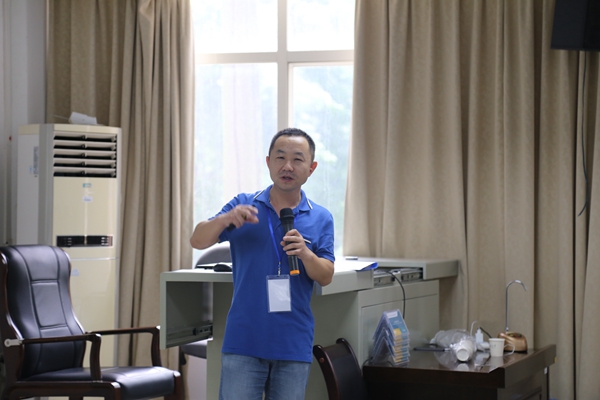
Feedback from student
From Tsz Ching Wong, HKU
Organized by the Human Capital and Economic Opportunity Global Working Group, 2016 HCEO Summer School on Socioeconomic Inequality was hosted by Jinan University from 27 June 2016 to 01 July 2016. I was surprised and excited when I was recommended by my supervisor to join this summer school since I am interested in this topic and it is my first time to participate in such kind of academic activities.
The summer school gave us a totally new and fresh mindset about economics. Professors tried to break down barriers between theoretical, econometric and empirical work. Besides, the way to understand more about economic development and human capital flourishment is no longer restricted to traditional methods like microeconomics and macroeconomics, whereas, the new approach integrates biological, sociological and psychological perspectives. The result is innovative thinking and provides the inspiration for inequality and human capital development research.
Moreover, scholars not only provided us lectures on various topics about inequality and human capital development, such as the persistence of historical shocks, introduction to social networks and labor economics, but also shared their methods to do research and new research ideas with us. Professor Loren Brandt expressed how to review a paper efficiently and effectively. He also mentioned that a clear descriptive table is one of the crucial items in a good publication. Professor Christopher Taber explained how the empirical work can be divided into four broad categories of questions and steps for writing papers related to estimation of policy counterfactuals. Professor Shihe Fu shared new research ideas about labor market agglomeration economies with us. Although it seems that they are only some basic stuffs and even not really relevant to the topic of this summer school, they are beneficial for further study and doing research.
Last but not least, we made lots of good friends even though the schedule of this summer school was a little bit tight. Apart from book recommendation and sharing research ideas and empirical datasets, we also visited many attractions and had great meals in Guangzhou. We had good and delighted times for sure.
If someone asks me whether I should join this summer school in the future, I would say yes definitely. I am looking forward to being involved in this summer school next summer.
